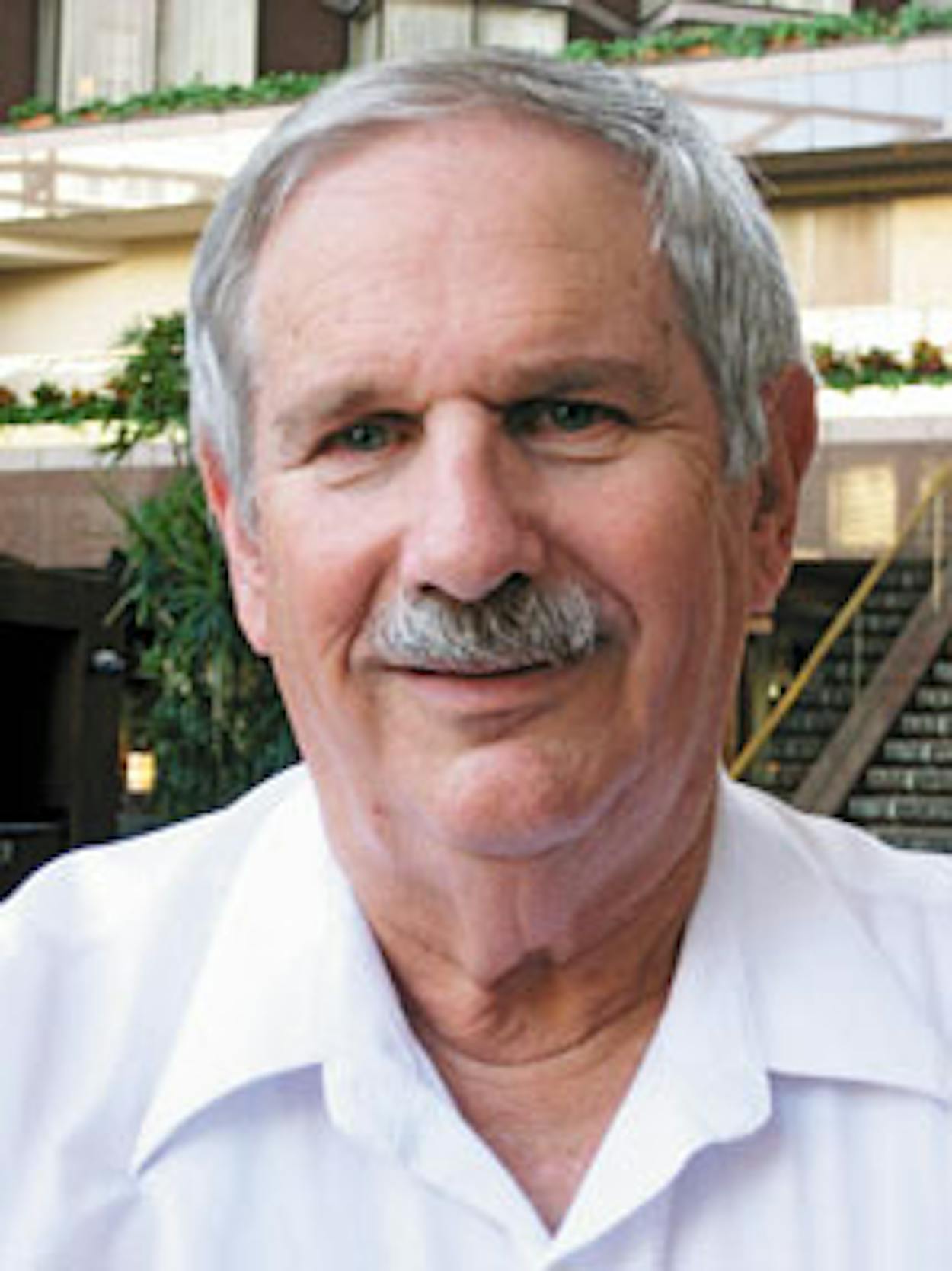When Paul Burka was ten years old, his mother gave him a board game called Politics. This is the honest truth. Elvis’s mother gave him a guitar; Paul’s mother gave him Politics. He can still remember the rules. “You tried to capture the states, which were divided into six colors by size,” he says. “This was how I learned what an electoral vote was. To this day I can tell you how the votes were apportioned. There were twenty-four for Texas. See, I always loved this stuff.”
This won’t come as a surprise to any of the millions of Texans who have grown up reading Paul’s take on the goings-on in Austin. Since he started reporting and writing our biannual roundup of the Best and Worst Legislators, in 1977, Paul’s has been one of the most incisive and important political voices in Texas. Few reporters in the country have as deep a knowledge of their state’s politics (and, luckily for us, no other state in the country has such entertaining politicians). Paul is, simply, an institution.
When the first issue of texas monthly was published, in February 1973, Paul was a 31-year-old Capitol staffer, writing bills about beach erosion for his hometown state senator, A. R. “Babe” Schwartz, of Galveston. That year marked the last of three sessions that Paul worked in the state Senate; before that, he’d spent one session as the chief of staff for his local House rep, Ed Harris. The job had come open when Harris’s previous chief of staff resigned to attend law school at the University of Texas. She knew Paul, who had just graduated from UT law, and recommended him for the job. And who was this kind young woman who gave Paul his entrée into state politics? A fellow Galveston County native named Kay Bailey (more on her in a sec).
Not long after, Paul came to work for the magazine (we like to say that he wasn’t born at texas monthly but he got here as fast as he could). At the time, the tectonic plates were beginning to shift in Texas politics. The Sharpstown scandal (and Richard Nixon’s Southern strategy) had brought down a conservative Democratic power structure that had run things for decades (it used to be said that Republicans required passports to get into Texas). In the three-and-a-half-plus decades since then, we’ve witnessed a long transition at the state capitol. The Legislature has evolved from a group of mostly white, rural, business-friendly Democrats with colorful country ways to a far more ethnically diverse group, majority Republican, that is more urban, more serious, more technocratic, and more ideological; at the statewide level, Republicans have taken a firm hold on leadership positions that, since the ascendancy of George W. Bush, Democrats have been unable to loosen.
Amid these shifting sands, Paul has tended to cause consternation on both sides of the aisle, as two posts from a recent comment thread on his blog, BurkaBlog, ably demonstrate. “His allegiance to the left is hardly a matter of debate,” wrote the first commenter, to which the next replied, “As a member in good standing of the Left, I can say with quite a bit of confidence that my fellow travelers and I do not regard Paul Burka as a leftist.”
In writing about the contest before us now, the primary fight between U.S. senator (and Ed Harris’s former chief of staff) Kay Bailey Hutchison and sitting governor Rick Perry, Paul has, true to form, drawn the ire of everyone. Perry’s circle has disliked his many criticisms of the governor’s governance (or lack thereof); Hutchison’s has disliked his many criticisms of her campaign, which has seen a double-digit lead turn into a double-digit deficit over the past year.
I have no doubt that Paul’s cover story this month (“Right Place, Right Time,”), which explores the evolution of the GOP and Perry’s presidential prospects (provided he can maintain his lead and get past Hutchison in March and Bill White in November), will elicit strong feelings from all sides. It used to be said that if more than two people showed up at a reporter’s funeral you could tell that he had disgraced the profession. Like any good reporter, Paul is in the business of making observations, not friends (though he has a few of those too). Politics is not a pretty business, even if it can be turned into a board game for ten-year-olds.
Next month
The texas monthly Bucket List, senior editor Michael Hall on the great untold story of Texas garage bands, senior editor Nate Blakeslee on talk radio’s paranoid strain, senior editor John Spong on the religion of college football, executive editor Mimi Swartz on the new mayor of Houston, and an early look at the new memoir from John Phillip Santos.







